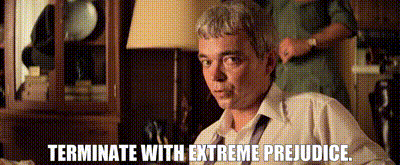It does sound like a fun character.
If I may introduce you to my character to prove a point: My character right now is a half-orc champion, level 7. Abilities are as follows: str 16; dex 12; con 14; int 12; wis 12; cha 12. We started with a feat, so I used my level 4 feat to add skills. I now have: athletics, deception, insight, intimidation, investigation, sleight of hand, and stealth. (He is an urban bounty hunter, so I generally make sure the skills match the background and history.) My fighter kicks butt in combat and delivers the second highest damage at our table of five players. Some nights he is at the top. Dual wield, two weapon fighting, a couple magic blades, etc. Savage attack and orcish fury in the mix of improved crit. Pow!





